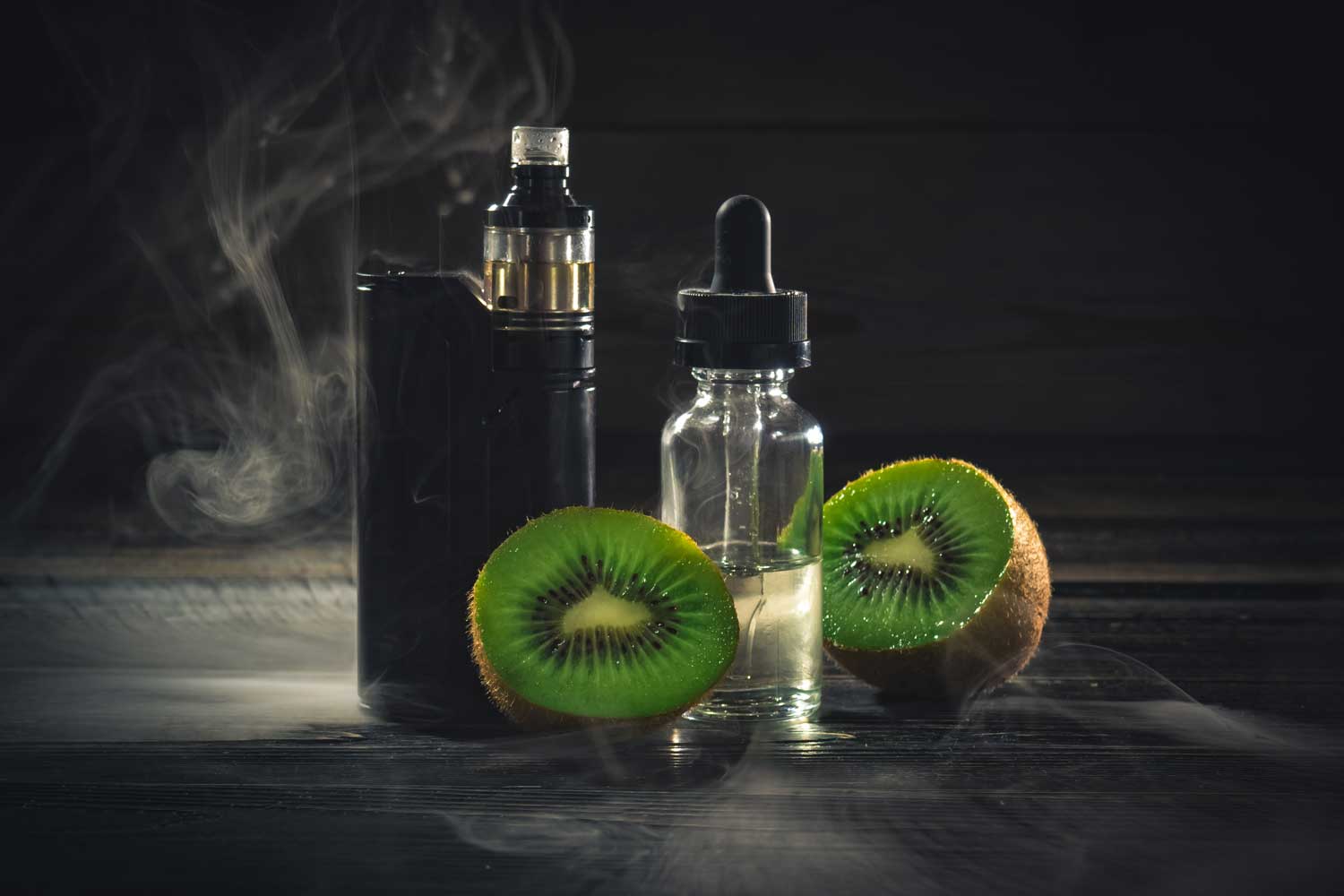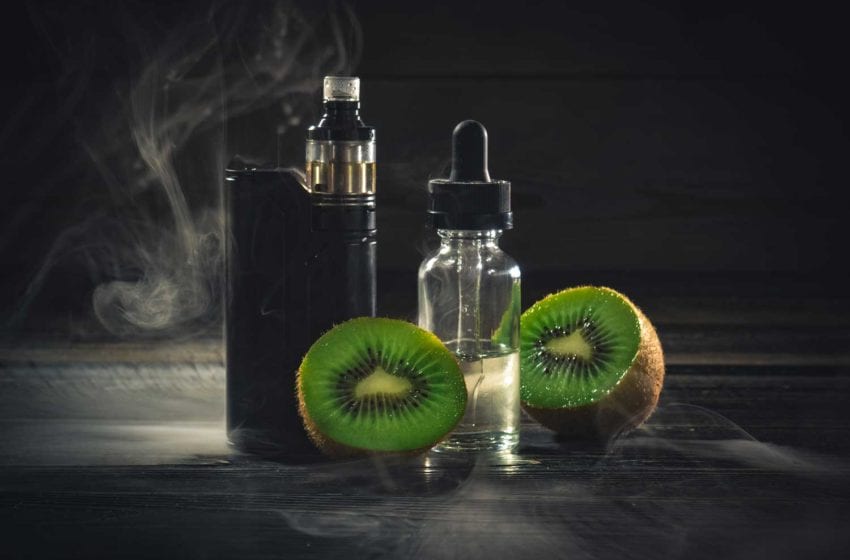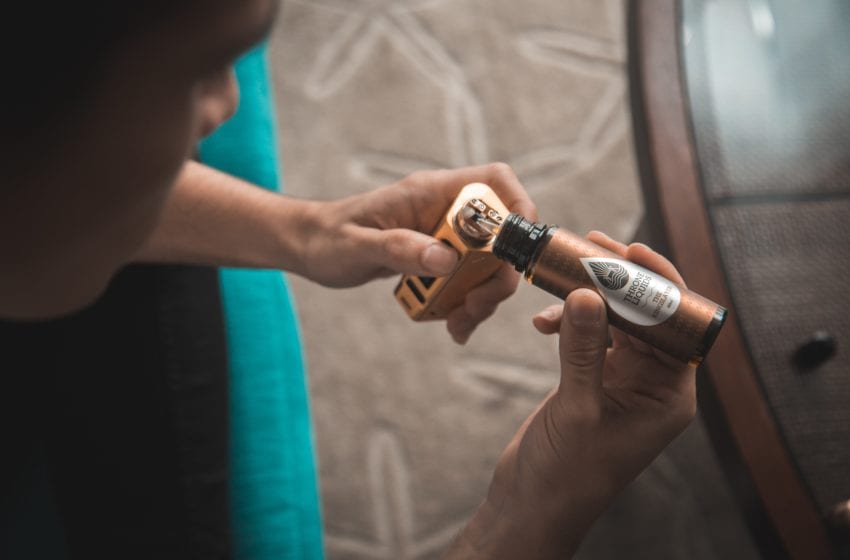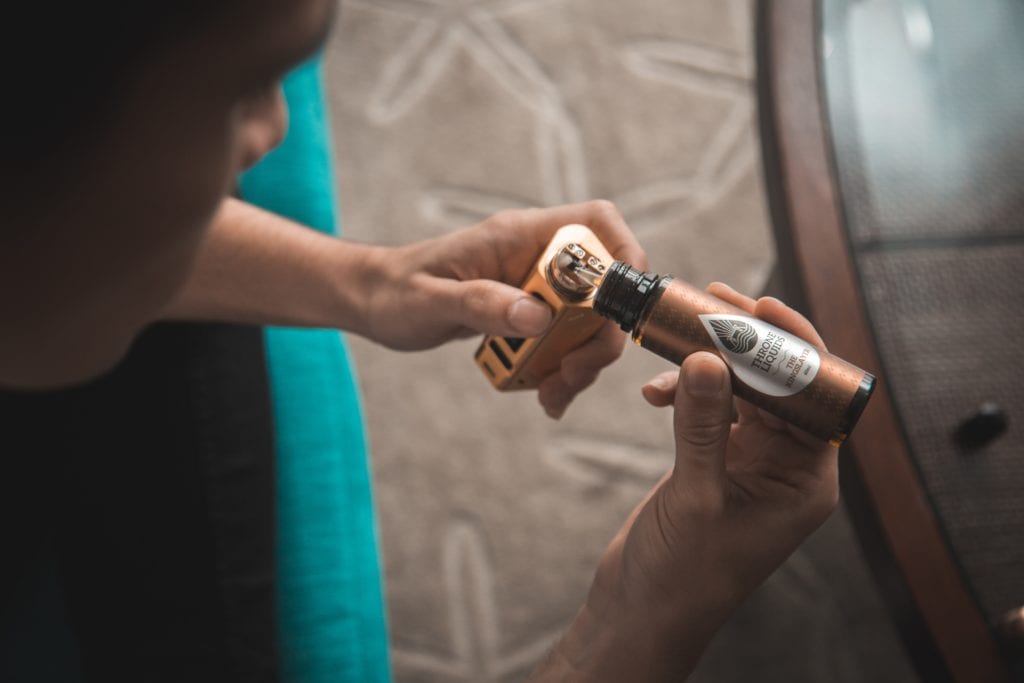Dr Grant O’Connell, Strategic Science and Policy Engagement Director, Imperial Brands, explains why Imperial Brands decided to sell vaping products in New Zealand ahead of new legislation designed to legalize the next generation of nicotine products in an opinion piece with Scoop, a New Zealand independent news outlet.
For the past five years, New Zealand smokers have been embracing the new generation of less harmful alternatives such as e-cigarettes. The number of adult smokers vaping in New Zealand is growing along with new devices, flavours and nicotine levels that suit the very individual habits of smokers.
These dramatic shifts in smoker behaviour, and the maturing of the vape category itself, occurred at a time of great uncertainty. No one knew the legal status of these products. The Government now accepts the scientific consensus that vaping is significantly less harmful than smoking, so getting more smokers to transition is a desirable public health goal. This mature policy objective has been praised by public health experts here and overseas.
That should not be surprising, as public health experts have accepted the “harm reduction” approach to diseases and addictions for some decades now. Harm reduction involves a range of pragmatic policies, regulations and actions that either reduce health risks by providing safer forms of products or substances or encourage less risky behaviours.
It was initially developed for adults with substance abuse problems where abstinence was not practically achievable. It has successfully reduced teen pregnancies, sexually transmitted diseases, and risky alcohol use. Harm reduction strategies have reduced morbidity and mortality.
Harm reduction is at the heart of the Government’s planned legislation on vaping. The aim is to utilise the appeal and accessibility of vape products to transition adult smokers. The only practical challenge is that vaping products need to be sold publicly, like many other “R18” things. That creates a small challenge to prevent vaping being used regularly by youth and those who never have smoked or are unlikely to smoke.
This is the challenge being wrestled with by the Health Select Committee looking at the Bill. They are weighing the evidence and personal testimony of hundreds of vapers, retailers, manufacturers and public health experts. It is exactly the same challenge we faced when we decided to launch our global vaping brand myblu in New Zealand.
Without legislation and regulations to guide us, we had to consider advantages to public health, practicalities of availability and restrictions on sale, and consumer safety parameters. We deliberated what the product should look like, where it should be available, and how it should be advertised or promoted in store. And importantly, who it shouldn’t be available to.
Underpinning all of these discussions and the decisions we made, was that we would apply our global best practice in lieu of any regulatory framework. The approach we’ve taken achieves the regulatory balance the Select Committee is looking for.
Our vaping products are as available for smokers to purchase as our combustible ones. Myblu is available for sale at our network of dairies and convenience stores throughout New Zealand and we do this because familiarity of the retail store and convenience for access are necessary for adult smokers to transition.
Store managers are equipped with information so they can talk to smokers, to help them understand the reduced risk potential with vaping and how to begin their transition. We offer a small but varied range of flavours and strengths and our products are clearly labelled in English and Maori with warning messages describing the addictiveness of nicotine.
Like many in the industry, we self-imposed an R18 age restriction on all sales of myblu. Marketing and advertising do not target youth or seek to glamorise vaping. Every message communicated describes the relative health, price and physical appearance advantages of vaping compared with smoking.
Our team of over 300 scientists, engineers and innovators work to ensure myblu’s vaping products are made to the highest safety and quality standards and are supported by the best-in-class science. Myblu is a closed pod, ‘tamper proof’ system. We purposely chose a closed pod system to restrict opportunities for people to misuse or mix illicit ingredients into the liquids.
We use pharmaceutical grade nicotine, propylene glycol and glycerol and high-quality flavour ingredients in our e-liquids. All of our blu vaping products, their ingredients and the vapour produced undergo thorough scientific assessment prior to manufacture and sale.
The work that has gone into consumer safety and product design is necessary to guarantee the quality of myblu and for smokers to have confidence in our product. We have learnt much in the past 10 months in New Zealand. We know that convenient access, reliable information and confidence in the quality and satisfaction of vape products are the critical success factors for smokers to quit smoking.
Our approach to selling and marketing myblu is based on the principles of having restrictions in proportion to the risk posed by the product relative to cigarettes. It is our hope that this experience, and indeed that of many vape manufacturers and retailers, guides the Committee’s thinking for a harm reduction framework in regulation that makes vaping a more appealing option for smokers.
Dr Grant O’Connell, Strategic Science & Policy Engagement Director, Imperial Brands.








